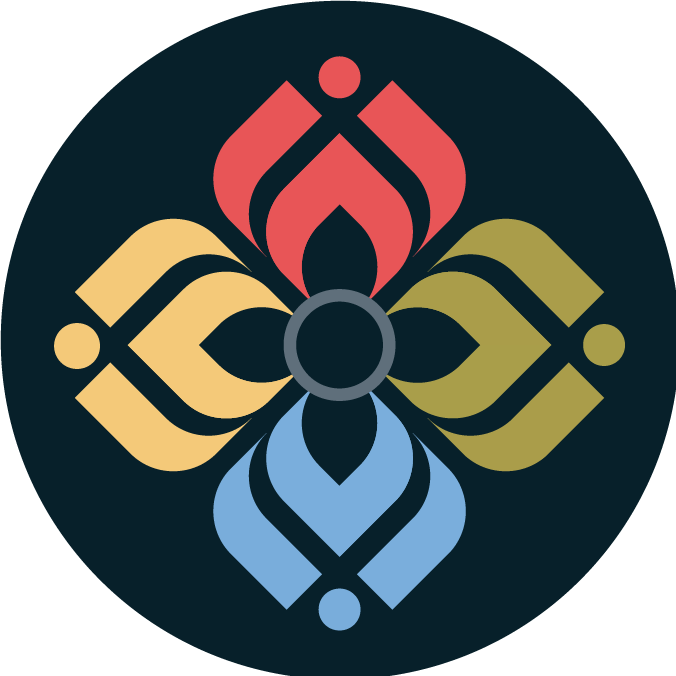What is the NDIS?
The National Disability Insurance Scheme (NDIS) provides support to eligible people with intellectual, physical, sensory, cognitive and psychosocial disability across Australia
Asuna strives to deliver services which comply with the National Disability Insurance Scheme
National Disability Insurance Scheme (NDIS) Practice Standards
1. Person-centred supports: Each participant accesses supports that promote, uphold and respect their legal and human rights and is enabled to exercise informed choice and control. The provision of supports promotes, upholds and respects individual rights to freedom of expression, self-determination and decision-making.
2. Individual Values and Beliefs: Each participant accesses supports that respect their culture, diversity, values and beliefs.
3. Independence and Informed Choice: Each participant is supported by the provider to make informed choices, exercise control and maximise their independence relating to the supports provided.
4. Violence, Abuse, Neglect, Exploitation and Discrimination: Each participant accesses supports free from violence, abuse, neglect, exploitation or discrimination.
5. Governance and Operational Management: Each participant’s support is overseen by robust governance and operational management systems relevant (proportionate) to the size and scale of the provider and the scope and complexity of supports delivered.
6. Risk Management: Risks to participants, workers and the provider are identified and managed.
7. Quality Management: Each participant benefits from a quality management system relevant and proportionate to the size and scale of the provider, which promotes continuous improvement of support delivery.
8. Information Management: Management of each participant’s information ensures that it is identifiable, accurately recorded, current and confidential. Each participant’s information is easily accessible to the participant and appropriately utilised by relevant workers.
9. Feedback and Complaints Management: Each participant is safeguarded by the provider’s incident management system, ensuring that incidents are acknowledged, responded to, well- managed and learned from.
10. Human Resource Management: Each participant’s support needs are met by workers who are competent in relation to their role, hold relevant qualifications, and who have relevant expertise and experience to provide person-centred support.
11. Continuity of Supports: Each participant has access to timely and appropriate support without interruption.
12. Access to Supports: Each participant accesses the most appropriate supports that meet their needs, goals and preferences.
13. Support Planning: Each participant is actively involved in the development of their support plans. Support plans reflect participant needs, requirements, preferences, strengths and goals, and are
regularly reviewed.
14. Service Agreements with Participants: Each participant has a clear understanding of the supports they have chosen and how they will be provided.
15. Responsive Support Provision: Each participant accesses responsive, timely, competent and appropriate supports to meet their needs, desired outcomes and goals.
16. Transitions to or from the provider: Each participant experiences a planned and coordinated transition to or from the provider.
17. Safe Environment: Each participant accesses supports in a safe environment that is appropriate to their needs.
18. Participant Money and Property: Participant money and property is secure and each participant uses their own money and property as they determine.




